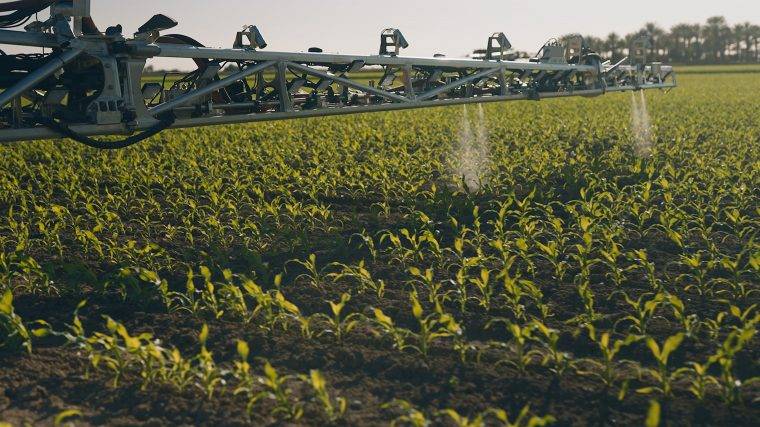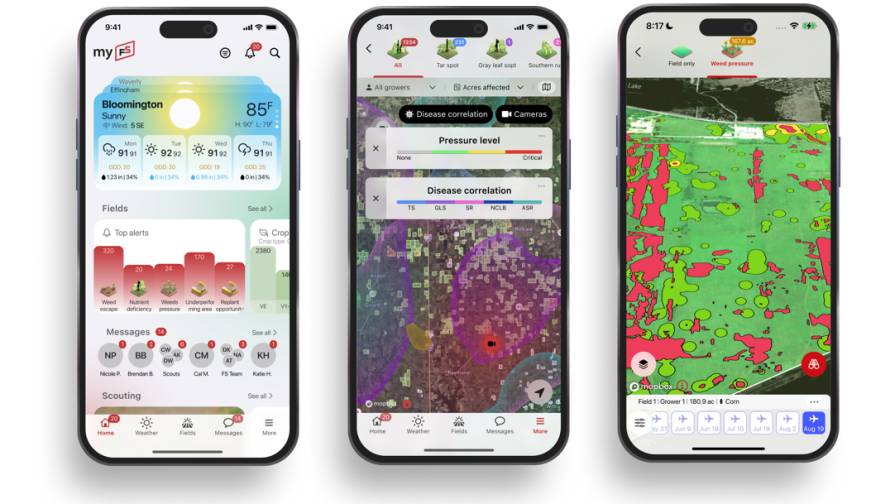Progress and Trends Shaping Higher Education in Precision Agriculture
As a greater number of producers adopt precision ag technologies in their operations, and a greater number of firms create and market solutions to meet this demand, we’ve seen a greater number of colleges and universities expand their precision ag offerings for students wanting to work in the industry. Because of wider trends in agriculture and technology, the importance of digital farming will undoubtedly increase in the coming years. An important question to ask is whether or not colleges and universities are doing enough now to prepare young people to enter and lead in the industry over the coming years.
While training and professional development are key functions higher education will serve in meeting the industry’s demand for talent, one aspect that I’m curious to see is how research done at the university level will impact precision ag.
An instance to remember in the role university research can have on farming would be the impact research conducted at UC Davis in the late 1950s had on the tomato industry. The mechanical harvester developed there led to the industry being 99.9% mechanized within five years of its commercialization, and led to a complete shift in the variety of tomatoes grown in the U.S.
To both the ends of career development and to research, we’ve seen two-year and four-year colleges commit resources towards supporting the industry. According to a study by Fausti et al., 90 higher education institutions are currently offering courses in precision ag. Ivy Tech, Indiana’s community college system, is offering Associate degrees in Precision Ag at its Lafayette and Terre Haute campuses. At the university level, there has been a recognition from the private sector that an investment in institutions will pay dividends for the industry. South Dakota State, which introduced a Precision Ag major in 2016 (the first of its kind at a land-grant school), announced that Raven Industries donated $5M towards the university’s planned $46M precision ag facility. Similarly, Kansas State is partnering with Topcon Agriculture on commercialization studies for precision ag tools.
MORE BY ERIC OETH
How a Simple Tax Bill Error Threatens Precision Ag Adoption in the U.S.
Electric Cooperatives and Precision Agriculture: Addressing the Digital Divide in the U.S.
While the growth in postsecondary programs dedicated to precision ag is an encouraging sign, it remains to be seen if higher education can supply the industry’s demand for well-trained graduates. In the Fausti study, it was stated that private-sector respondents reported that “almost 50% of interviewees for their current open positions as having low or deficient knowledge” in key skills related to precision agriculture. This statistic is troubling, of course, so the question becomes: what needs to change to make sure the precision ag industry can attract well-trained talent to work in the industry?
In my opinion, much of this will take time. While we are seeing an increased level of interest among institutions in the precision ag space, public institutions are generally slower to recognize and adapt to a trend than the private sector is. This could partially explain the lag between the growth in the business side of precision ag, and the growth in educational opportunities to support the industry. Educators are beginning to understand it not just as a sub-discipline of agronomy or agricultural engineering, but as a discipline in its own right. It looks like the private sector is informing higher ed that it has some catching up to do, in that respect, and we can expect that with time and support from the industry, that the gap can close somewhat in the coming years.










